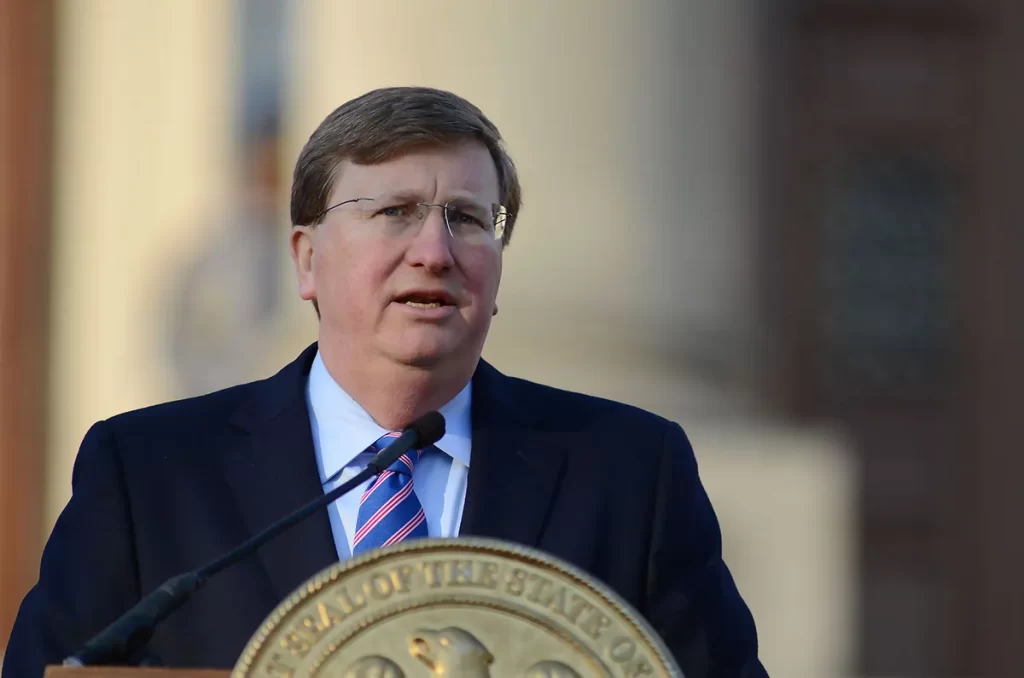Government
Gov. Reeves, Other Governors Ask Biden to End COVID-19 Health Emergency

By Julia James
Mississippi Today

Gov. Tate Reeves has joined with 24 other states to ask President Joe Biden to end the Federal Public Health Emergency for COVID-19, which would allow the state to remove some people from Medicaid coverage.
First declared in January 2020 under the Trump Administration, the public health emergency gives health care providers flexibility in how they operate. This public health emergency has been extended repeatedly since — it was last extended again in October and set to end in January 2023, though the department has not indicated it will not renew. The department has said it will give governors at least 60 days notice before a declaration ends.
“It’s past time to get back to life as normal,” Reeves said in a tweet Monday.
His comment echoed the notion put forth by the governors in the letter: “While the virus will be with us for some time, the emergency phase of the pandemic is behind us.”
While Mississippi is not currently seeing a major surge, COVID-19 cases are still occurring on a daily basis. According to the Centers for Disease Control and Prevention, 3,255 cases were identified in Mississippi in the last week. Case numbers have ticked up slightly in recent weeks, but have not approached any of the earlier peaks. The CDC also reports that 53.5% of Mississippians have completed the primary vaccine series, a number that has held stagnant for some time.
During the public health emergency, states are not allowed to kick anyone off Medicaid under federal regulations. In exchange, the states have received extra federal funding.
In the letter, the governors say the increased number of people covered by Medicaid has been a drain on state funding. The percentage of each person’s care the federal government covered was increased, but the state has more people they are responsible for overseeing.
The governors say that 20 million people have been added to Medicaid coverage since the start of the pandemic, a number that “continues to climb as the (public health emergency) continues to be extended every 90 days.”
The Mississippi Division of Medicaid has also changed the services they provide for those who would have traditionally lost eligibility, to the confusion of patients and providers.
By lifting the public health emergency, Mississippi could return to only providing Medicaid coverage to specific groups: poor pregnant women, poor children, the disabled, some categories of the elderly and some caretakers of Medicaid recipients living in extreme poverty.
Reeves ended Mississippi’s state of emergency in November of last year.
This article first appeared on Mississippi Today and is republished here under a Creative Commons license.










































